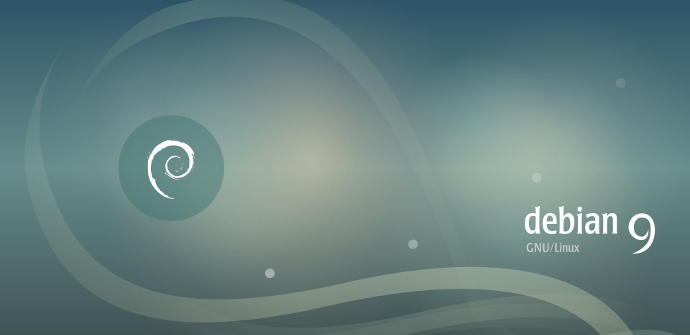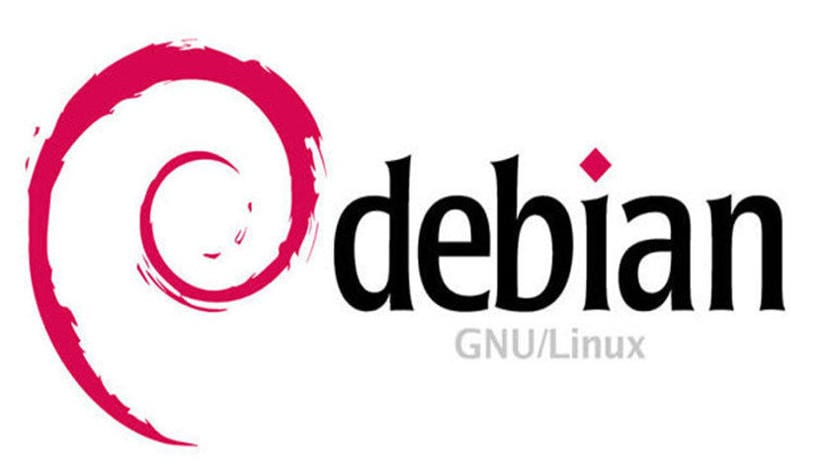What is Debian?
Debian or Project Debian is a community made up of developers and users, which maintains a GNU operating system based on free software. The system is precompiled, packaged, and in deb format for multiple computer architectures and for multiple cores.
It was born as a bet to separate free software from non-free software into its versions. The project development model is alien to business or commercial reasons, being carried out by the users themselves, although it has the support of several companies in the form of infrastructures. Debian does not sell its software directly, it makes it available to anyone on the Internet, although it does allow people or companies to distribute it commercially as long as its license is respected
Of course, what people want is application software – tools to help them do what they need to do, from editing documents, running business applications to playing games to writing more software. Debian comes with more than 59,000 packages (software precompiled and packaged in a friendly format for easy installation on your machine), a package manager (APT), and other utilities that make it possible to manage thousands of packages on thousands of computers in such a way. easy as installing a single app. All of them for free.
Development model

The Debian project has a constant flow of people who want to be a developer. These people must pass an elaborate examination process that establishes their identity, motivation, understanding of the project’s objectives (grouped in the Debian Social Contract), and technical competence.
Debian developers join the project for many reasons; some of them are:
▸The desire to contribute to the free software community (virtually all candidates use free software).
▸The desire to see that some program accomplish a certain task (there are those who see the Debian community as a good field to test or test new software).
▸That free software is a valid alternative to non-free software.
▸The desire to work close to people with who you share attitudes, interests and goals (there is a great sense of community within the Debian project that some candidates do not experience in their paid jobs).
▸The simple joy of the iterative process of software development and maintenance (some developers have an almost obsessive level of dedication to refining and improving software).
Debian developers can resign their position at any time by releasing the packages for which they were responsible and sending a report to the developers and the group of maintainers (so that their upload authorization is revoked).
It is free?
You may wonder: why would people spend hours of their own time writing software, carefully packaging it, and then giving it away? The answers are as varied as the people who contribute. Some people like to help others. Many write programs to learn more about computers. More and more people are looking for ways to avoid inflated software prices.
A growing group contributes as a thank you for all the great free and open software it has received from others. In academic institutions many create free software to help get the results of their research into wider use. Businesses help keep software free so they can watch it develop, there is no faster way to get a new feature than to implement it yourself! Of course, many of us just find it funny.
Although Debian believes in free software, there are cases where people want or need non-free software on their machines. Whenever possible, Debian will support this. There are a growing number of packages whose sole mission is to install non-free software on a Debian system.



